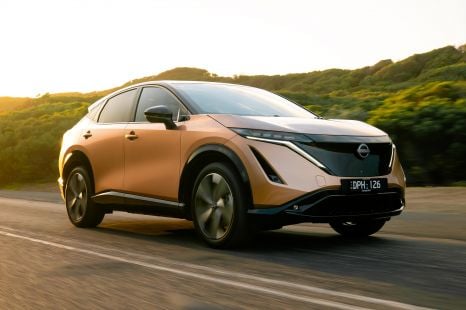

James Wong
2026 Nissan Ariya review
3 Days Ago
FCA and PSA’s combined strength in the van market has European Union antitrust regulators concerned about the planned merger.

News Editor
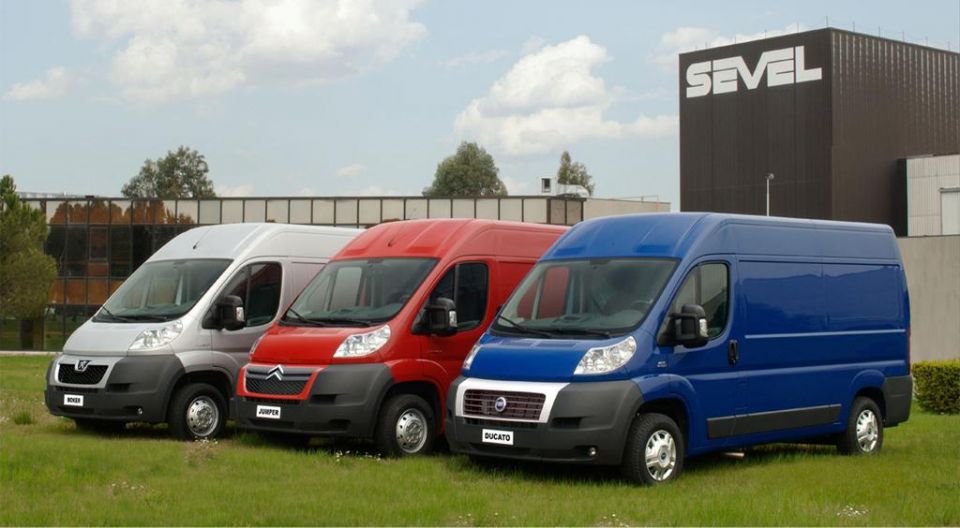

News Editor
The merger between Fiat Chrysler Automobiles (FCA) and Groupe PSA has hit a snag.
Automotive News Europe reports there’s concern from European Union regulators that the $50 billion (A$71 billion) merger would result in the combined company having too much market share in the light commercial vehicle market.
The European Commission told FCA and PSA last week of its concerns as it puts together its preliminary review, due by June 17.
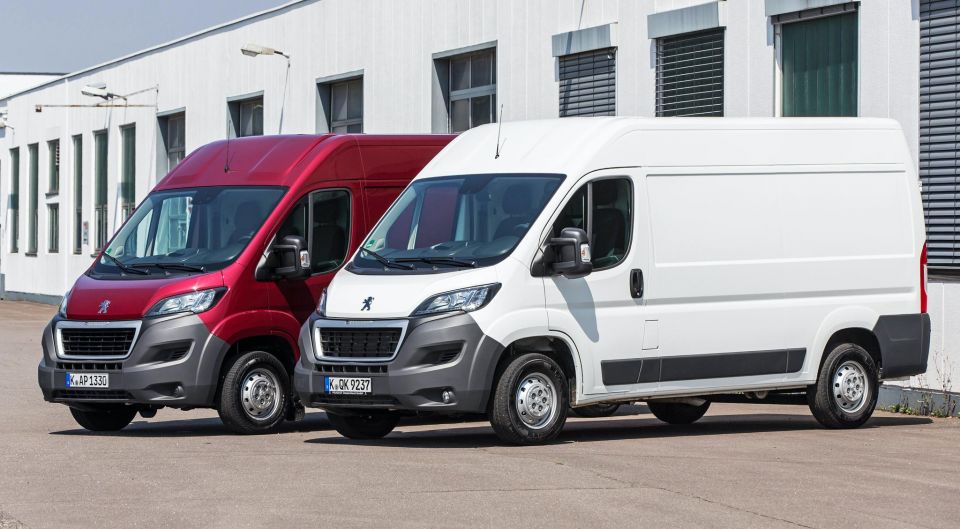
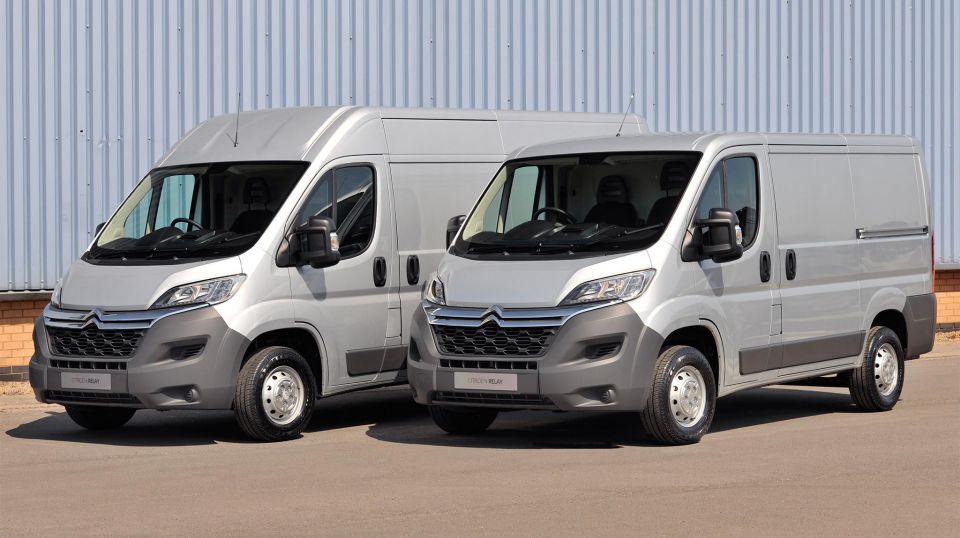
The two companies have until Wednesday to address the concerns. If they don’t offer any concessions, regulators will begin a four-month investigation that’ll delay the merger.
The FCA-PSA merger would result in the world’s fourth largest automaker. If the merger were approved today with no concessions regarding van production, the combined company would have a combined light commercial vehicle market share in Europe of around 34 per cent. Last year, they produced 755,000 LCVs.
Renault and Ford are the next biggest LCV players with 16 per cent, according to industry association ACEA. Volkswagen has 12 per cent of the market and Daimler 10 per cent.
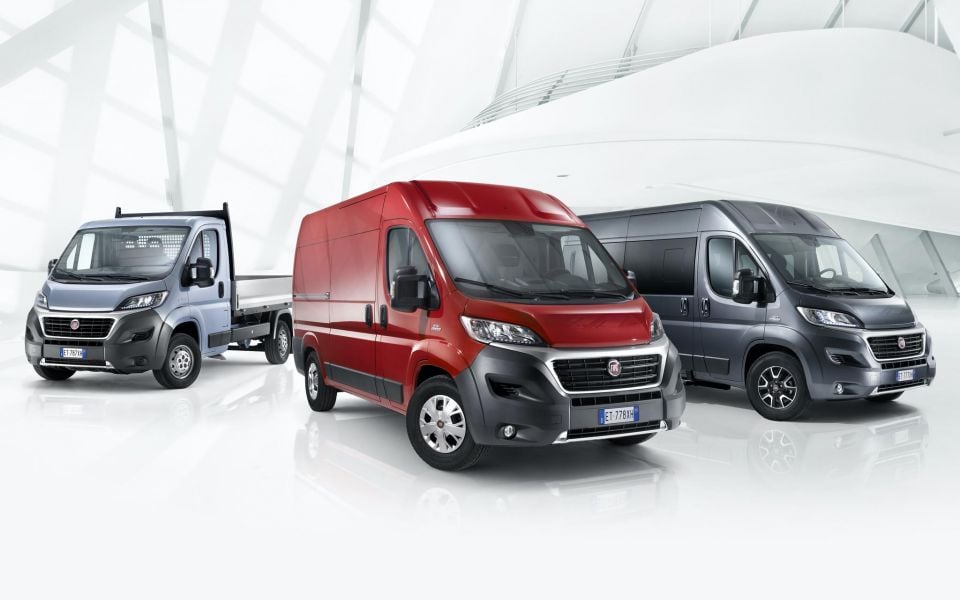
The companies’ combined power in the LCV market is the first antitrust concern raised by regulators.
FCA and PSA established working groups late last year to work through any potential antitrust concerns that would arise as part of a merger that brings together a combined total of 14 brands under one roof.
The two companies also promised to operate as competitors until the merger was approved. Earlier this year, Automotive News Europe flagged small car sales in Southern Europe as another potential grievance for regulators.
When PSA acquired Opel and Vauxhall in 2017, the EU ultimately found there were no potential trust issues.
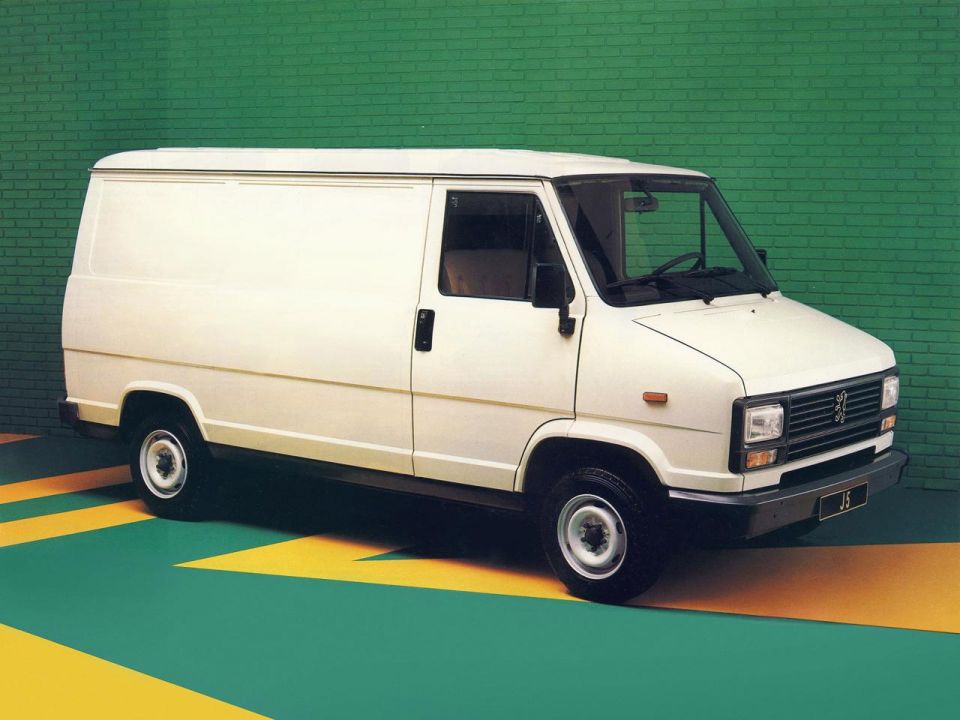
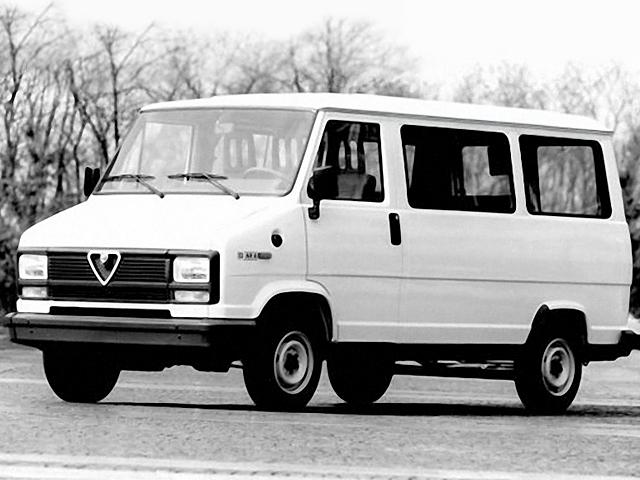
Fiat and PSA have shared vans for decades now. The two companies created a 50:50 joint venture in 1978 – known as Sevel – to manufacture light commercial vehicles in Italy.
The joint venture’s first product was introduced in 1981, and was sold under the Fiat Ducato, Peugeot J5, Citroen C25, Talbot Express, and Alfa Romeo AR6 nameplates.
The current Fiat Ducato is also sold as the Peugeot Boxer and Citroen Jumper/Relay, while Sevel has also manufactured MPVs and smaller vans at its French factory, Sevel Nord.
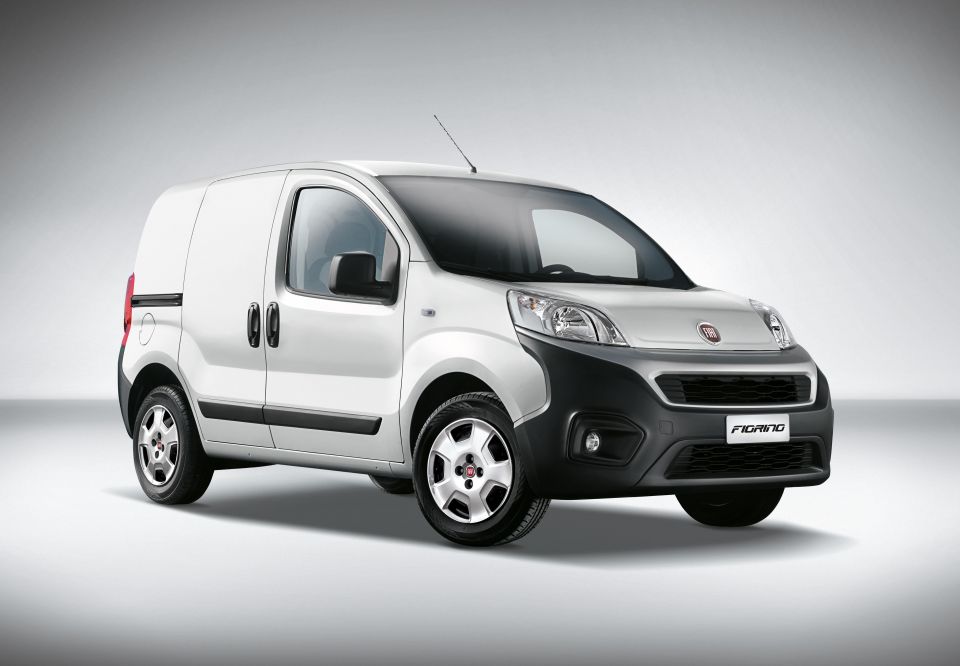
Fiat sold its share of Sevel Nord in 2015 after discontinuing the Scudo van. The company subsequently replaced it with a rebadged Renault Trafic known as the Talento.
Shortly thereafter, PSA discontinued its rebadged versions of the Turkish-built Fiat Fiorino, the Peugeot Bipper and Citroen Nemo. This significantly reduced FCA and PSA’s joint production volume of LCVs, though evidently it remains a concern for regulators.
William Stopford is an automotive journalist with a passion for mainstream markets and historical automotive pieces.


James Wong
3 Days Ago
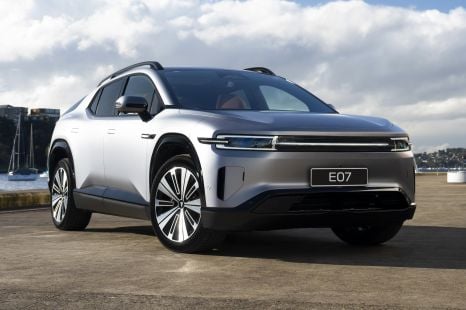

William Stopford
3 Days Ago
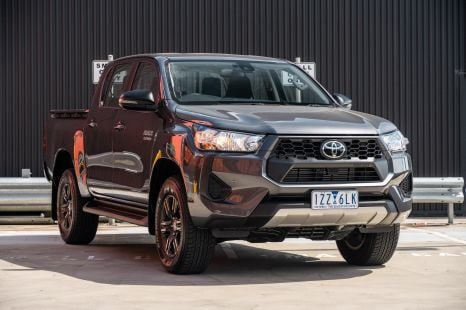

Josh Nevett
2 Days Ago


Paul Maric
2 Days Ago
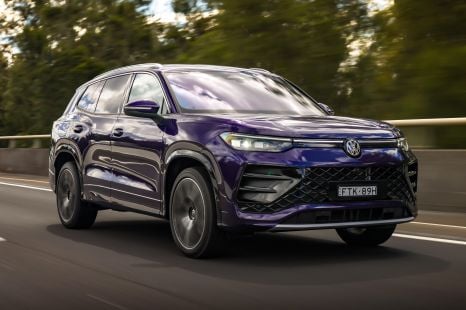

Damion Smy
22 Hours Ago
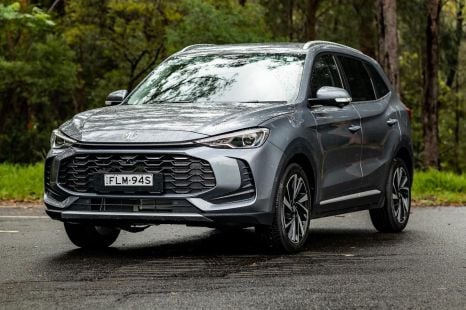

Matt Campbell
15 Hours Ago